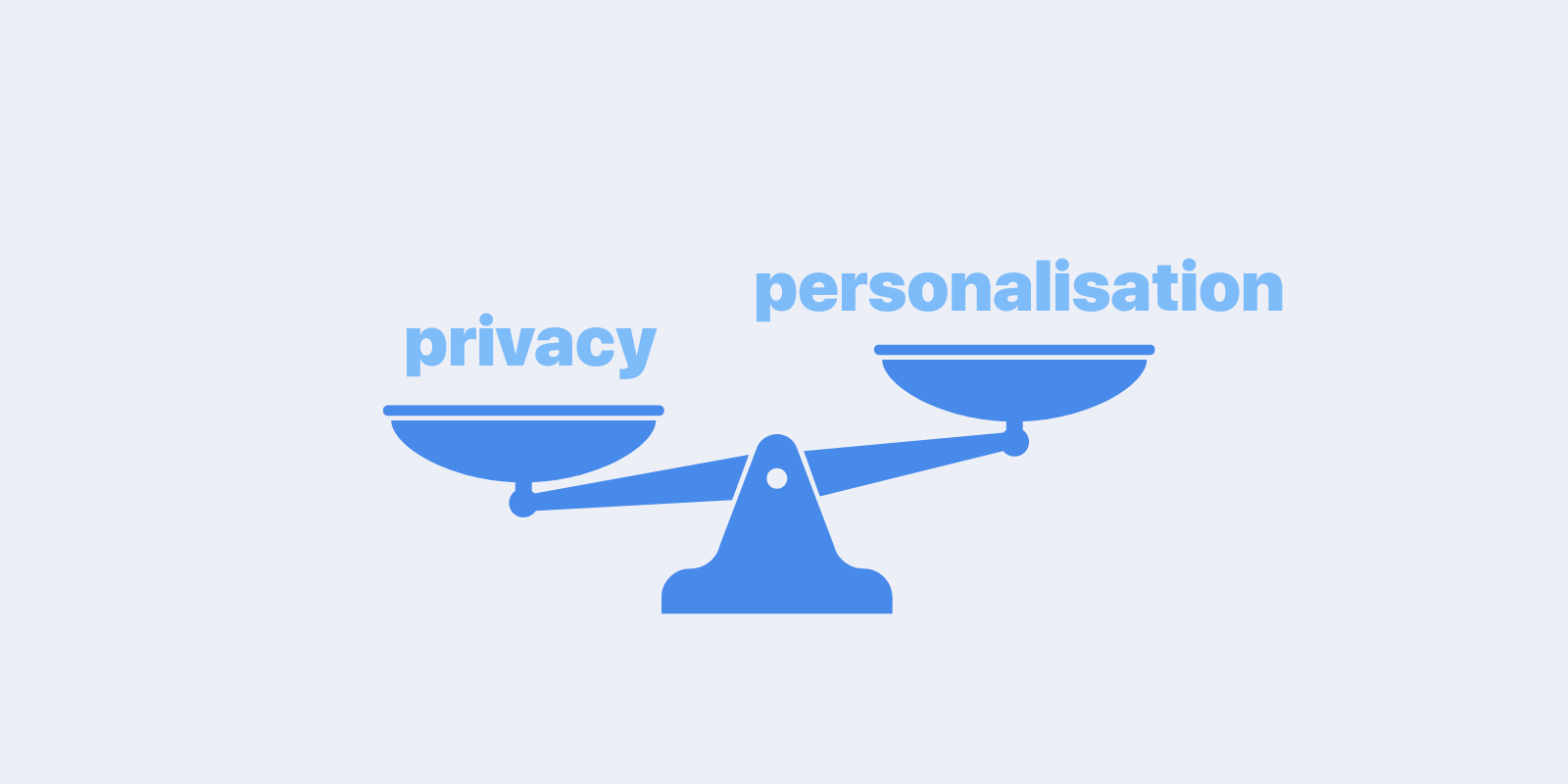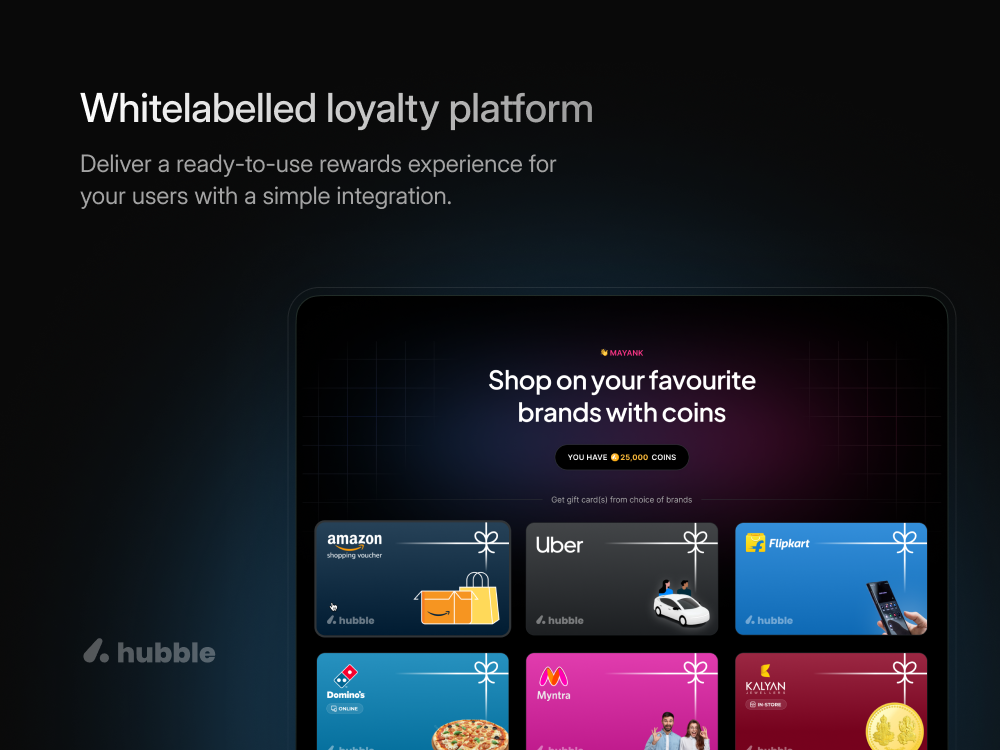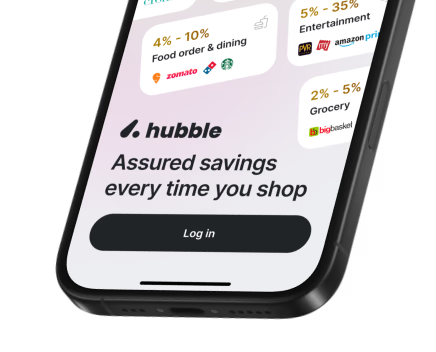Balancing Personalization and Privacy in Consumer Loyalty Programs


Personalization is the engine of modern loyalty programs, but privacy is what keeps customer trust running.
As regulations tighten and consumer expectations rise, brands must deliver tailored experiences without crossing the line into overreach or risk.
Here’s how leading programs are succeeding in 2025.
The Personalization-Privacy Paradox: What the Data Shows
- 73% of brands are prioritizing personalization in their loyalty strategies, with 58% investing in tailored approaches and 31% are using automation to scale efforts.
- 66% of consumers prefer to buy from brands that know their preferences, and 60% value relevant product recommendations.
- 87% of consumers remain very concerned about how their personal data is used, and 67% will only share data if they know it is being safely stored.
- 63% of internet users believe companies aren’t transparent about data usage, and nearly half have stopped shopping with a company due to privacy concerns.
- 32% of Americans cited privacy as a key attribute in loyalty programs, with frustration growing over excessive data requests or lack of control.
Privacy Regulations & Compliance: The New Baseline
Loyalty programs must now comply with GDPR, CCPA, and a growing web of regional laws.
Key requirements include:
- Explicit opt-in consent for data collection and program terms.
- Clear disclosures about what data is collected, how it’s used, and the value exchange for the consumer.
- Granular opt-out options and easy access to data management tools, often via a preference center.
- Regular updates and transparent communication about privacy policies and practices.
94% of consumers are likely to remain loyal to brands offering complete transparency about data use.
Security: The Cost of Complacency
Data breaches in loyalty programs can be catastrophic. The 2023 Caesars Entertainment breach exposed data from 65 million members and led to class action lawsuits.
The average annual activity rate across loyalty programs is 59%, meaning over half of members are active and at risk if security falters.
Best Practices:
- End-to-end encryption for all customer data.
- Multi-factor authentication (MFA) for both customers and administrators.
- Regular security audits and incident response plans.
- Limiting data access to only essential personnel.
Personalization That Respects Boundaries
Hyper-personalization is driving results: AI-driven loyalty programs see 40% higher engagement and 38% better retention rates. Over 40% of loyalty schemes achieve higher redemption rates by tailoring rewards to individual preferences.
Yet, the most successful programs use:
- Zero-party data (customer-provided preferences via quizzes and onboarding).
- Anonymized analytics for trend spotting without exposing individual identities.
- Tiered data collection, letting customers choose their level of engagement and data sharing.
Real-World Example:
Sephora’s Beauty Insider uses AI to analyze not just purchases, but browsing and seasonal patterns, delivering recommendations that feel personal without being invasive. This approach led to a 30% engagement increase and up to 35% higher redemption rates.
Customer Empowerment & Transparency
- 78% of consumers are more likely to shop with a brand whose loyalty program they belong to, even if competitors are more convenient.
- A robust preference center (where customers can control what they share and how it’s used) is now standard.
- Real-time notifications and plain (and simple) language updates on privacy changes build ongoing trust.
ROI & Effectiveness: The Business Case
- 70% of brands report increased customer engagement from loyalty initiatives; 58% see a boost in repeat purchases.
- 60% of brands now prioritize Customer Lifetime Value (CLV) as a top metric, moving beyond short-term sales.
- Gamification is on the rise, with a 43% adoption rate to increase interactivity and engagement.
[Source: openloyalty.io]
Personalization vs. Privacy in Loyalty Programs
As loyalty programs evolve, finding the right balance between personalization and privacy is essential for building lasting customer trust and brand advocacy.
By prioritizing transparency, robust data security, and customer control, your program can deliver the tailored experiences consumers creave, without ever compromising their confidence.
Hubble empowers brands to design, launch, and manage privacy-first, data-driven loyalty programs that delight customers and drive measurable growth.
Discover how Hubble can future-proof your loyalty initiatives today.








